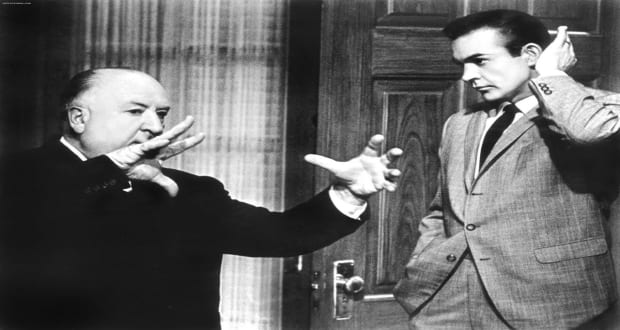Today, Gibson is lanky and somewhat shy, avuncular and slow to speak — more what you would expect from the lapsed science-fiction enthusiast he was in 1972 than the genre-vanquishing hero he has become since the publication of his first novel, the hallucinatory hacker thriller Neuromancer, in 1984. Gibson resists being called a visionary, yet his nine novels constitute as subtle and clarifying a meditation on the transformation of culture by technology as has been written since the beginning of what we now know to call the information age. Neuromancer, famously, gave us the term cyberspace and the vision of the Internet as a lawless, spellbinding realm. And, with its two sequels, Count Zero (1986) and Mona Lisa Overdrive (1988), it helped establish the cultural figure of the computer hacker as cowboy hero. In his Bridge series — Virtual Light (1993), Idoru (1996), and All Tomorrow’s Parties (1999), each of which unfolds in a Bay Bridge shantytown improvised after a devastating Pacific earthquake transforms much of San Francisco — he planted potted futures of celebrity journalism, reality television, and nanotechnology, each prescient and persuasive and altogether weird.
Neuromancer and its two sequels were set in distant decades and contrived to dazzle the reader with strangeness, but the Bridge novels are set in the near future — so near they read like alternate history, Gibson says, with evident pride. With his next books, he began to write about the present-day, or more precisely, the recent past: each of the three novels in the series is set in the year before it was written. He started with 11 September 2001.
Pattern Recognition was the first of that series. It has been called an eerie vision of our time
by The New Yorker, one of the first authentic and vital novels of the twenty-first century
, by The Washington Post Book World, and, by The Economist, probably the best exploration yet of the function and power of product branding and advertising in the age of globalisation
. The Pattern Recognition books are also the first since Mona Lisa Overdrive in which Gibson’s characters speak of cyberspace, and they speak of it elegiacally. I saw it go from the yellow legal pad to the Oxford English Dictionary,
he tells me. But cyberspace is everywhere now, having everted and colonised the world. It starts to sound kind of ridiculous to speak of cyberspace as being somewhere else
— via redwolf.newsvine.com















 RSS – Posts
RSS – Posts